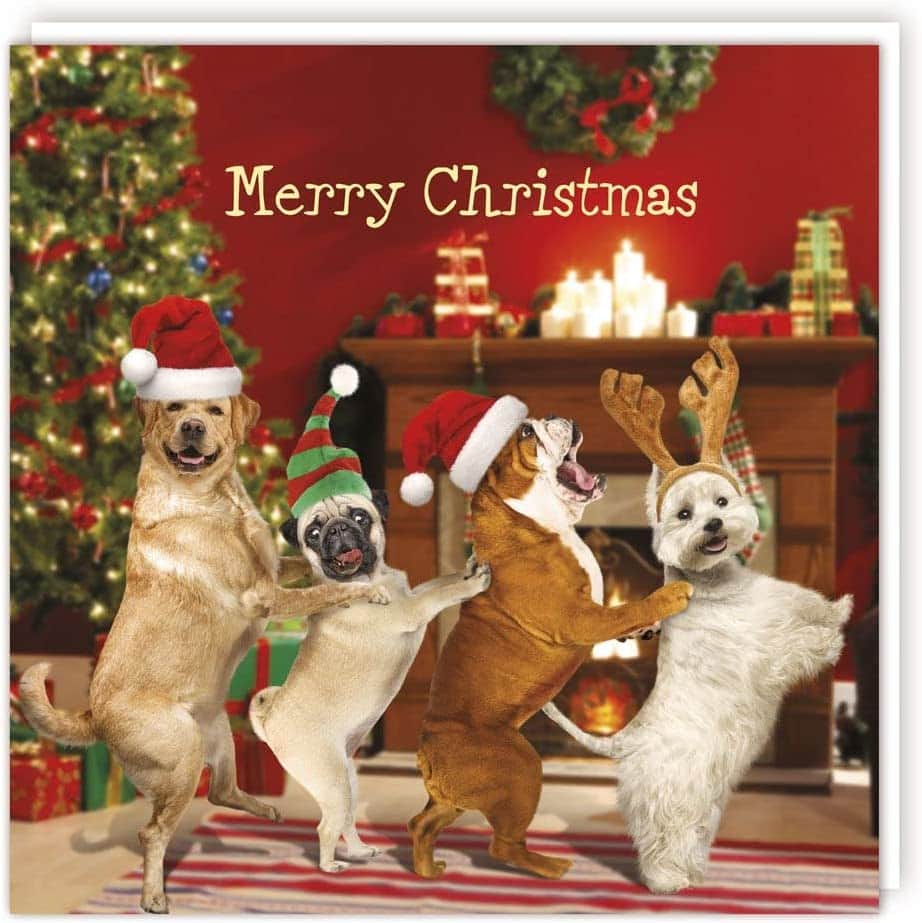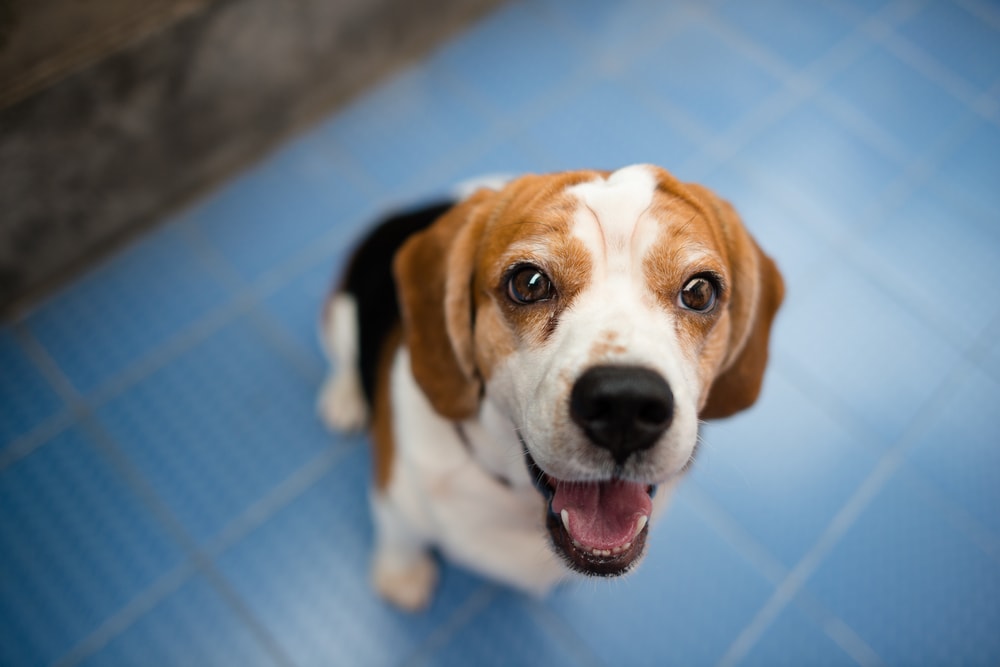ULTRASONOGRAPHY
ULTRASONOGRAPHY
Ultrasound is a non-invasive imaging method used to study the internal body structures such as the abdominal organs, the heart, the tissues right under the skin such as a mass, or even the eyeball. Ultrasound works by sending out high frequency waves of sound (high enough that our human and animal ears can’t even hear them, thus the name “ultra-sound”) into the tissues using a ‘probe.’ The harmless waves of sound are either reflected off of the tissues as they hit them, or travel through them at different speeds depending on the density of the tissues. The sound or “echo” that returns to the probe is converted by the ultrasound machine into an image, with each tissue type having a different appearance than its neighboring tissue.
Tumors, areas of infection, or even just a subtle change from the ‘normal’ appearance of an organ or tissue may lead the veterinarian on your case to reach a faster conclusion to the problem at hand or may warrant further testing.
Since ultrasound produces only images, an abnormality identified by ultrasound is most often confirmed by a more definitive diagnostic procedure (examples: biopsy of a mass, endoscopy of intestinal wall abnormalities, blood testing to confirm pancreatitis, urine culture to confirm a bladder infection, etc.)
To have an ultrasound performed, our pet patient is placed in a comfortable position that allows the area of interest to be exposed. When the scan involves the abdomen, the patient is laid comfortably in a padded, foam trough so that he or she may rest or even fall asleep during the scanning procedure. An echocardiogram is performed with the patient lying comfortably on his or her side.
The images produced by ultrasound are printed out, kept in your pet’s file, and can be transferred to a CD or DVD, or emailed to your pet’s primary veterinarian for review. The images are stored in our computer system to allow for comparison to new images acquired by ultrasound at a later date.
Recent Articles

Are Lilies Poisonous to Cats? Holiday Bouquet Dangers
Cats slipping out the back door when guests arrive or climbing Christmas trees are some of the common accidental emergencies pet owners experience around the

Top 5 Holiday Pet Toxins
Information obtained from www.aspcapro.com Top 5 Holiday Pet Toxins Christmas is a particularly busy time of year at the ASPCA Animal Poison Control Center, and

ACL Injuries – Why is my dog limping?
What is the ACL or CCL? The anterior cruciate ligament (ACL) is a thin connective tissue in the middle of our knees. In dogs, this

